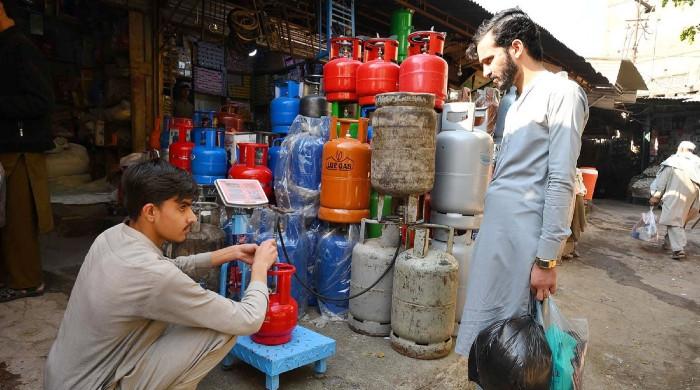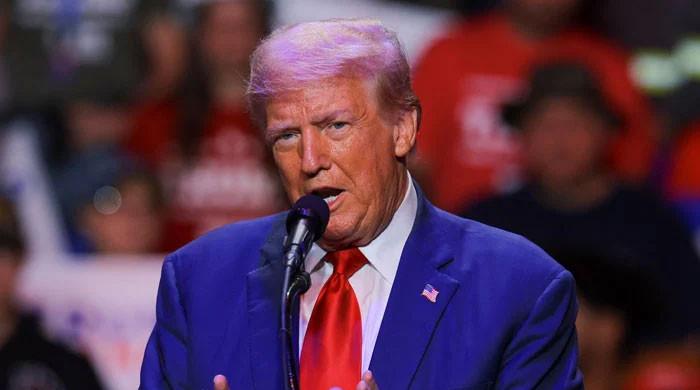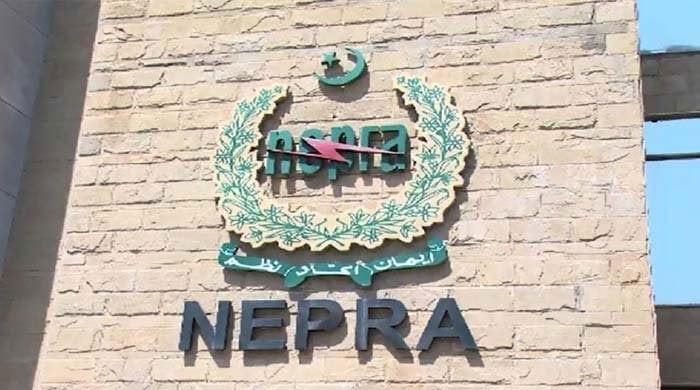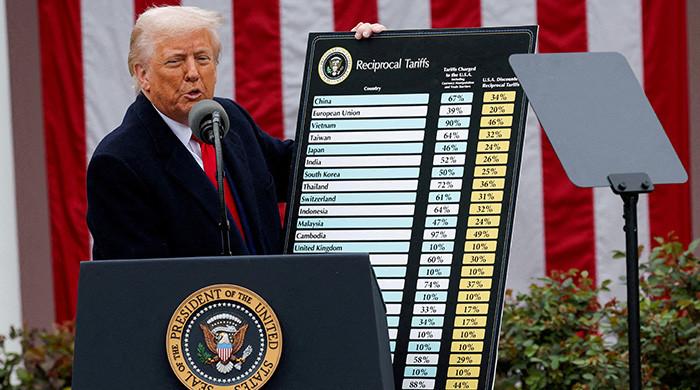Ex-FBR chief doubts economy will stabilise post elections
"Government which comes into power after polls will not be able to survive even a year," he says
May 27, 2023
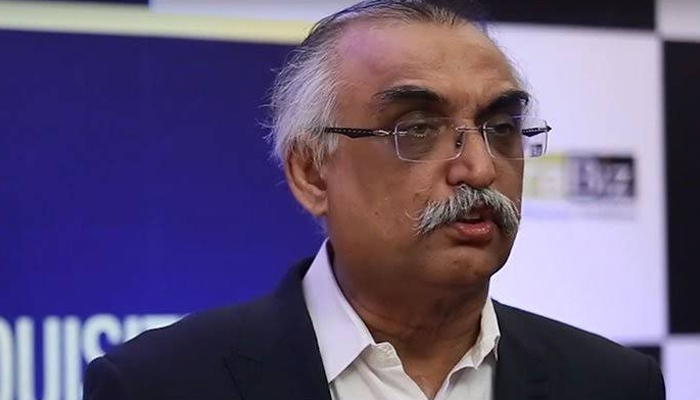
- Shabbar Zaidi says next govt "cannot survive even a year".
- "A national government should be formed post-elections."
- Zaidi wants Ishaq Dar to accept govt cannot repay debt.
LAHORE: Former Federal Bureau of Revenue (FBR) chief Shabbar Zaidi Saturday cast doubts on assumptions that the economy would stabilise after the general elections as Pakistan goes through one of its worst financial crises.
"I don't see betterment in the economy after elections. The government which comes into power after the elections will not be able to survive even a year," he said while addressing an event in Lahore.
Pakistan has failed to shore up foreign exchange reserves in the last year as it faces an uphill task in arranging external financing amid a stalled bailout programme with the International Monetary Fund (IMF).
"A national government should be formed post-elections. The current government does not have the capability to run the country," Zaidi, a chartered accountant by profession, said.
He mentioned that Pakistan was fast heading towards economic failure. The ex-FBR chairman said Finance Minister Ishaq Dar is helpless right now as he cannot even admit that the "reserve is empty".
Zaidi, whose stint as the federal tax collection body's chief lasted from 2019-2020, said the incumbent government is unable to repay domestic and external debts.
"When you cannot repay the debts, it means you have defaulted. Speak the truth [Dar] and admit that you do not have the money to pay back the debts," Zaidi said, adding that politicians' "rubbish and ego" have no end.
While credit rating agencies have said Pakistan will default if it does not revive the International Monetary Fund's (IMF) stalled bailout programme, the finance minister remains adamant that the government will ensure debt repayments on time.
The Finance Division, earlier today, said Pakistan's debt was less than 10% in commercial bonds/sukuks and with the next maturity falling due in April 2024.
“The rest of the debt is owed to the multilateral and bilateral creditors. Both these classes of creditors are engaged with Pakistan and none has assessed that Pakistan should default," it said.
The State Bank of Pakistan (SBP)-held foreign exchange reserves stand at $4.2 billion, not even enough to cover a month's worth of imports, and unless the IMF deal is revived, it'll be tough for the government to arrange external funds and avert a default.
According to the latest figures shared by the National Accounts Committee, Pakistan’s economic growth also dropped 0.29% for the fiscal year ending June 30, one of the lowest levels in its history.
Pakistan Tehreek-e-Insaf Chairman Imran Khan has stressed time and again that the country would witness economic stability only after elections.







